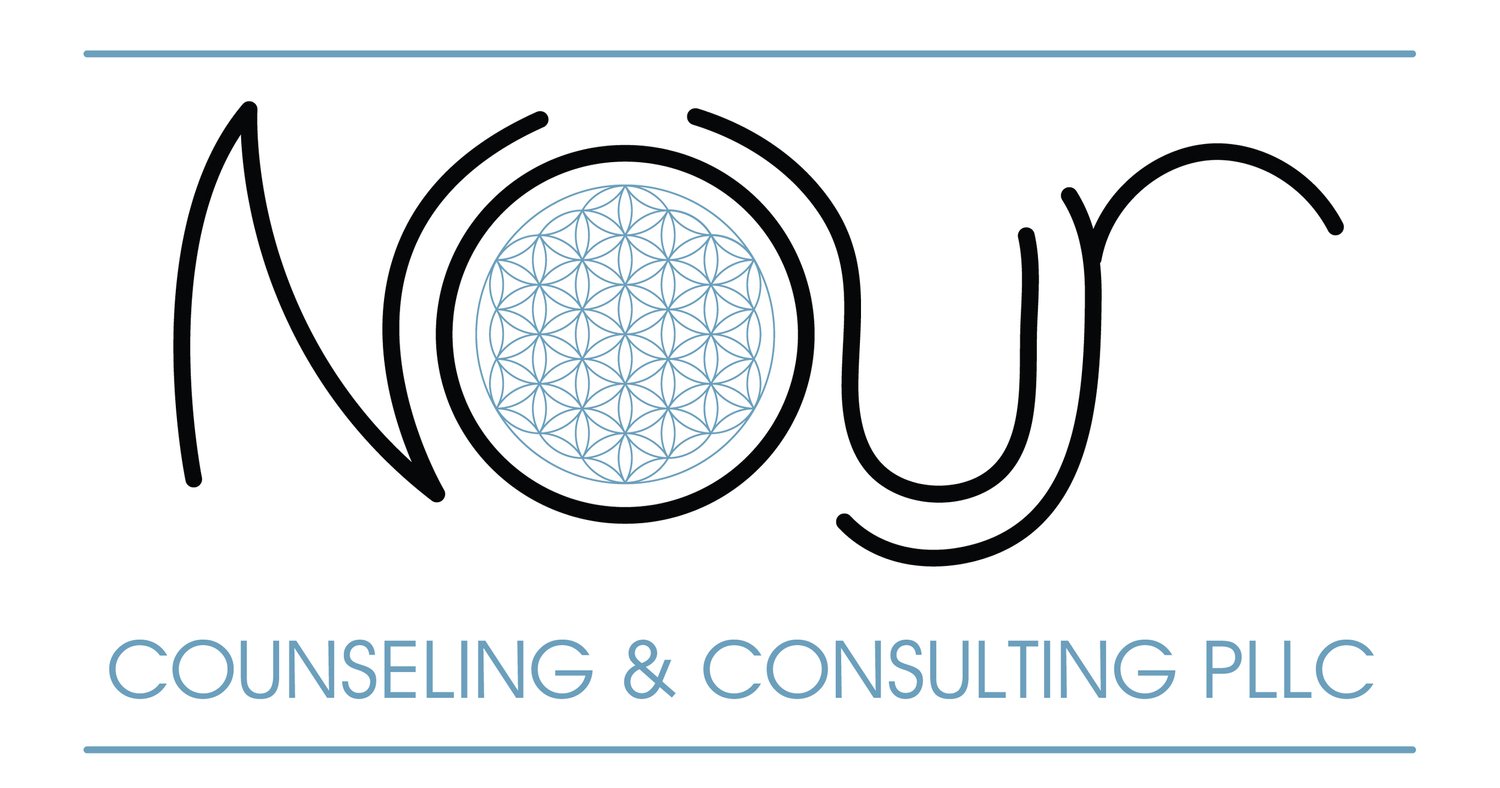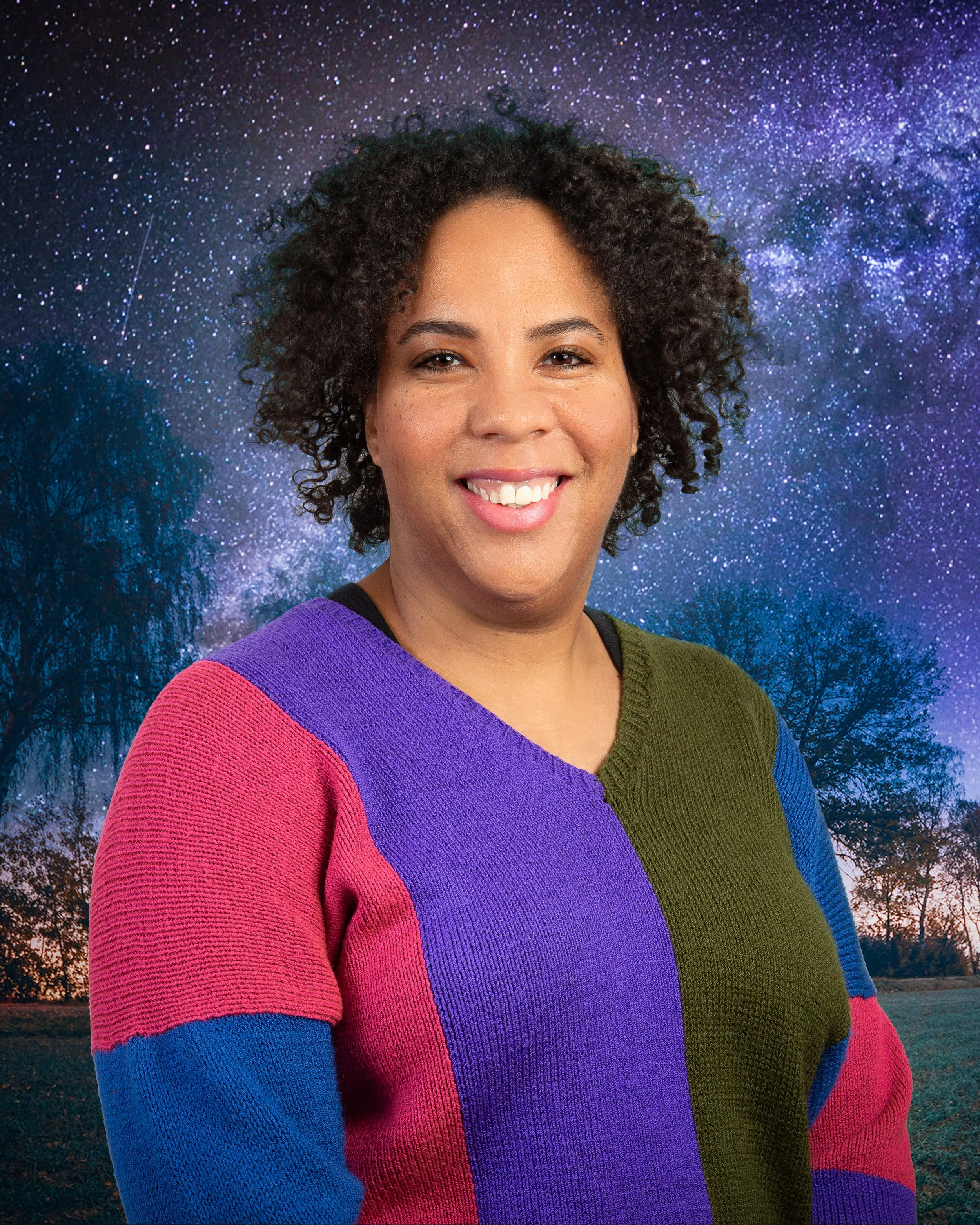Hope Lewis
LCSWA
Hope Lewis (they/them) is a Licensed Clinical Social Worker Associate who earned a master’s degree in social work from the University of North Carolina at Chapel Hill. They have provided services to teens and adults in nonprofit and private practice settings for over two years. Hope also holds a bachelor’s degree in Spanish from Wellesley, provided college counseling in China, and worked at multiple tech startups for over three years in the Bay Area.
As a Black, non-binary, queer person, Hope is no stranger to the unique challenges faced by individuals with marginalized identities. They know, from personal experience, that working with a therapist can be healing. While living in the US during the height of the COVID pandemic as the Black Lives Matter movement grew to an international scale, Hope was struck by the acute need for healing in their community. As someone who believes in community care, especially for folx with marginalized identities, they became an LCSWA as their contribution to our collective community-healing journey. Hope operates with the knowledge that our health impacts those around us – our families, children, friends, and community – and the hope that, if all people were well, that power of healing would have a positive ripple effect throughout everyday life.
Embodying “what works best” for each client, Hope provides a non-judgmental and warm environment to work collaboratively. They consider each client the expert of their own experience and take a person-centered and decolonized therapy approach. Relying on Black feminist theory, anti-ableism, sex positivity, harm reduction, and fat liberation frameworks, they approach clients’ concerns at both the individual and systemic level. With that lens, Hope incorporates multiple modalities including DBT and ACT to meet the specific needs of each client. Hope believes that therapy is political and has the goal of working themself out of a job. They believe “healed people heal people,” which means walking alongside clients who are seeking health and healing.
Hope works with adults and teenagers (16+) on a variety of presenting concerns including anxiety, relationship issues, friendship complications, depression, self-esteem, emotional and workplace trauma, life transitions, grief, and career counseling. They are especially passionate about identity work with individuals with marginalized identities, Black and brown folx, queer folx, and 20-somethings. Hope works with Black and brown folx who are processing racial trauma, and also enjoys working with international students.


